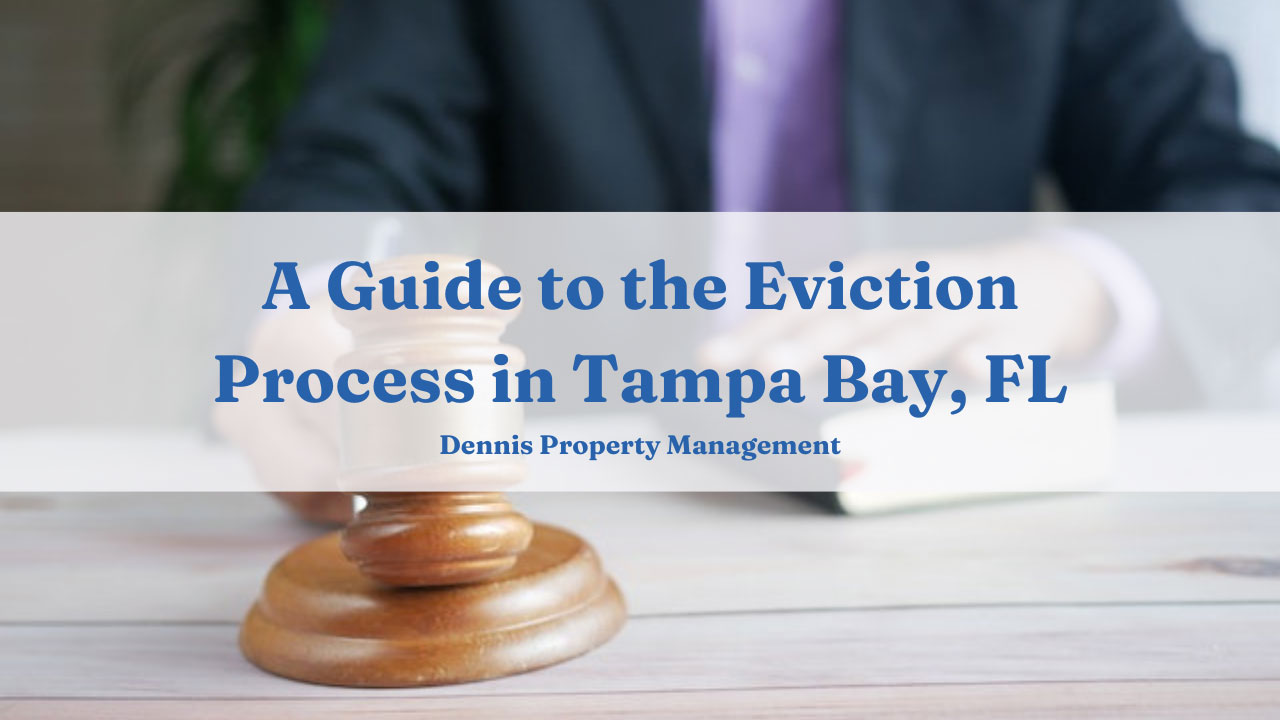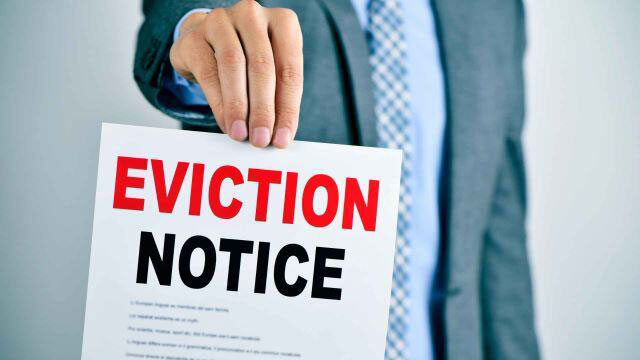
Navigating the eviction process in Florida is crucial for Florida landlords aiming for success. Understanding the legal steps of the eviction process ensures smoother tenant management and protects your property investment.
This guide details the necessary procedures, helping you handle evictions efficiently and lawfully, avoiding costly mistakes like filing fees, and maintaining a professional relationship with tenants. Equip yourself with this knowledge to foster a successful rental business.
What’s the Eviction Process in Florida? Here’s a Guide
The eviction process in Florida can be completed in about two to three weeks. However, the length of this process can vary depending on the cause of eviction. This could even take longer if the tenant contests the complaint.
Notification of Lease Termination with Justification
A Florida landlord can begin an eviction lawsuit for various legal causes, including the following:
tenant fails or refuses to pay rent
commiting a lease violation
staying at the property even after the rental agreement ends
engaging in unlawful activities on the rental
The type of eviction notice used is determined by the reason for the termination. Generally, in Florida, there are four types of eviction notices:
- a 3-Day Notice for non-payment of rent, a
- 30-day Notice for end of lease agreement or no lease agreement,
- a 7-Day Notice to Cure for curable lease violations,
- or a 7-Day Unconditional Quit Notice for incurable lease violation or serious breaches.
Each written notice must clearly state the reason for eviction and adhere to specific legal requirements to be a valid notice.
Serving a Tenant with an Eviction Notice in Florida
In Florida, initiating an eviction lawsuit involves providing tenants with a formal written eviction notice. This eviction notice may be delivered personally, sent through the mail, or conspicuously posted on the property’s front door to vacate.

The required written notice period for the eviction lawsuit varies based on the grounds for eviction and the tenant's rent payment frequency:
3-day notice: Issued for failure to pay rent, excluding weekends and public holidays.
7-day notice: Used when a tenant violates the lease or fails to adhere to landlord-tenant regulations, offering a week to rectify the situation or vacate.
7-day notice: Applied in cases of a repeated lease violation or significant damage to the rental property, with no chance for the tenant to remedy these issues.
30-day notice: Appropriate for tenants at will (those without a formal lease agreement) or for those whose month-to-month lease agreement has ended.
Tenant Eviction Defenses in Florida
In Florida, a defense is a valid reason that a tenant can present in court to contest an eviction, arguing that the landlord (or petitioner) should not prevail. Possible defenses to not vacate include:
Illegal Eviction Practices: The tenant may argue that the landlord tried to evict them unlawfully, such as by removing their belongings, changing the locks, or disconnecting utilities without adhering to legal procedures.
Resolution of Minor Violations: The tenant rectified a minor infraction cited in the lease.
Discriminatory Motives: The eviction is purportedly based on unlawful discrimination against the tenant.
Retaliatory Actions: The eviction may be seen as retribution, potentially for the tenant asserting their legal rights.

- No Lease Breach: The tenant claims that there was no actual violation of the lease terms as alleged.
- Landlord’s Failure to Maintain Premises: The tenant can defend themselves by showing that the landlord did not adequately maintain or repair the rental property, affecting habitability.
- Procedural Errors: There are significant flaws in the eviction notice or the legal complaint, such as omissions of crucial details like the eviction’s effective date.
Attending Court Hearing
In Florida, tenants are required to respond to an eviction notice within five business days. If a tenant fails to contest the eviction, the landlord may proceed to file for a default judgment, which could result in a Judgment for Possession.
If the tenant decides to contest the eviction, they may be required by the Court Clerk to pay all overdue rent, along with any rent accruing during the duration of the lawsuit. Landlords are obligated to appear in court. If the tenant does not show up at the hearing, the court is likely to automatically rule in favor of the landlord.
For the court hearing, it is essential for both parties to be well-prepared. They should bring the following documents and evidence:

A copy of the lease or rental agreement.
The eviction notice, whether it is a written notice to quit or to pay rent.
The eviction complaint that was officially filed.
Any additional evidence, such as photos of property damage or relevant billing statements, and any witnesses that could support their position in court.
Writ of Possession
In Florida, a Writ of Possession is an official court directive that a sheriff serves to a tenant, granting them 24 hours to leave the rental property voluntarily before enforcement action is taken. This writ is issued once the court has decided in the landlord's favor during an eviction lawsuit and the writ of possession is issued.
The Eviction
The enforcement stage occurs when the sheriff revisits the rental unit to implement the eviction by securing the premises, typically by installing a padlock on the door.
If the tenant has not vacated the premises by the time of the sheriff’s return, they will be removed by force. Any personal items left behind may be subject to a lien, granting the landlord the right to retain these belongings as compensation for any outstanding damages or rent due.
Conclusion
The Florida eviction process is meticulously structured to safeguard the interests of both
landlords and tenants. For Florida landlords, it is essential to adhere to florida eviction laws carefully—from issuing correct notices to securing a court verdict—to rightfully reclaim their rental unit.
Conversely, tenants must be well-informed about these procedures to defend their rights effectively and prepare appropriately in case of potential eviction. Navigating evictions can be a challenging aspect of property management, yet adherence to legal protocols ensures equity and preserves the integrity of the landlord-tenant relationship.
Landlords might also consider partnering with a knowledgeable property management company. Leveraging the expertise of professionals familiar with Florida's landlord-tenant laws and security deposit law can streamline the eviction process. Contact Dennis Property Management for more information.
Disclaimer: Please note that the information provided in this blog is intended for general guidance and should not be considered as a replacement for professional legal advice. It is
important to be aware that laws pertaining to property management may change, rendering this information outdated by the time you read it.















